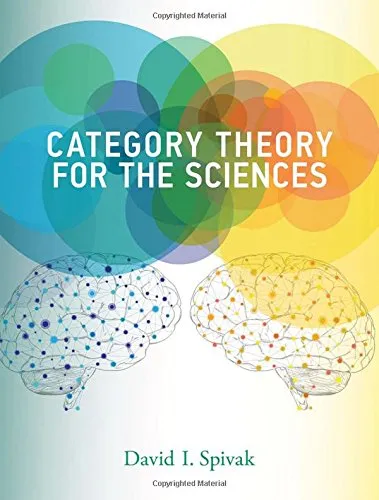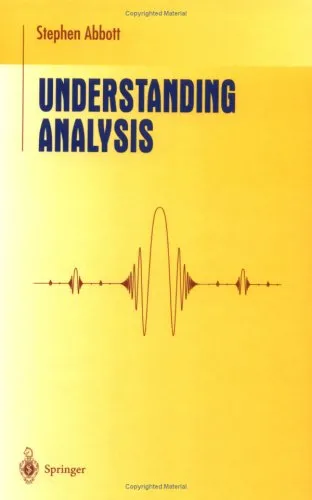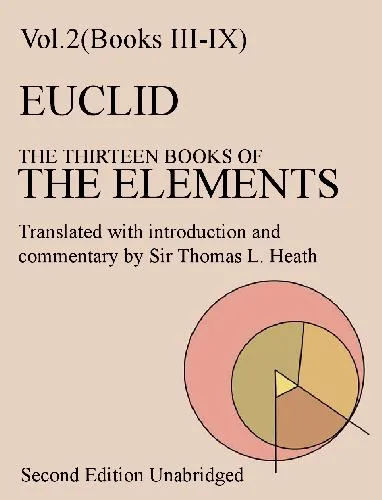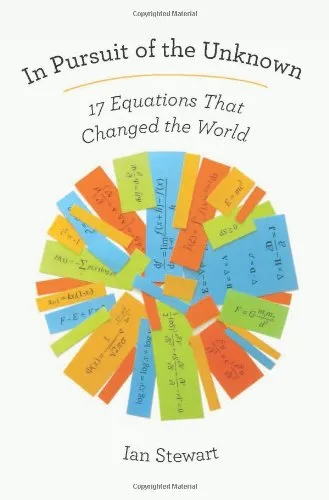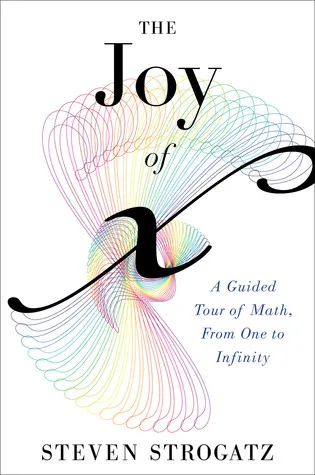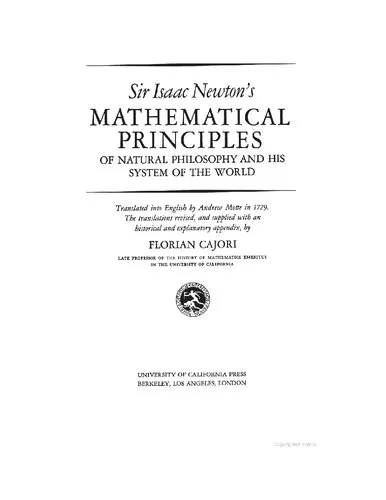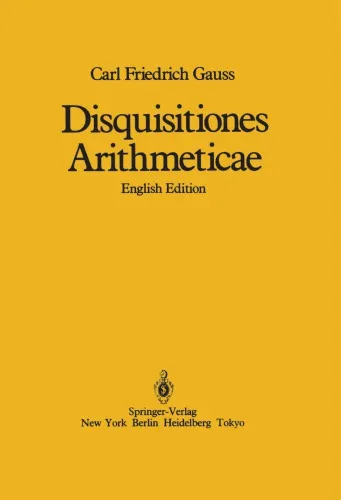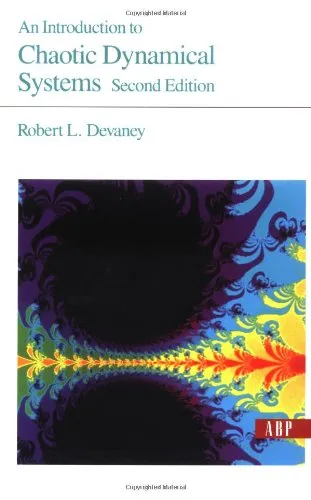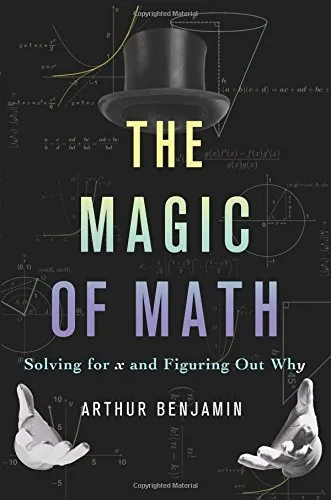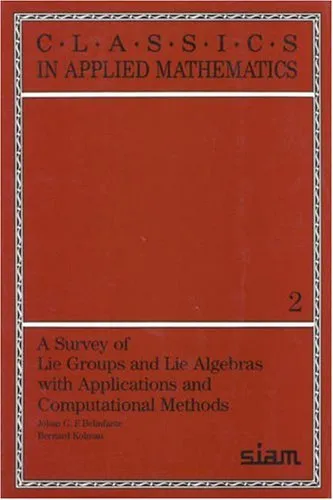Category Theory for the Sciences
4.6
Reviews from our users

You Can Ask your questions from this book's AI after Login
Each download or ask from book AI costs 2 points. To earn more free points, please visit the Points Guide Page and complete some valuable actions.Related Refrences:
Introduction to 'Category Theory for the Sciences'
Category theory is an innovative branch of mathematics that provides a unifying framework to study relationships and transformations between abstract structures. In 'Category Theory for the Sciences', I, David I. Spivak, aim to present this elegant and powerful language to a broad scientific audience. This book serves as a comprehensive guide to understanding how category theory can be applied to fields outside of mathematics, making it particularly valuable for researchers, students, and professionals in disciplines as diverse as biology, computer science, and physics.
Far from being mired in abstract technicalities, this book takes a conceptual and example-driven approach. Through friendly explanations, practical exercises, and concrete applications, readers will learn how to utilize the formalism of category theory to clarify complex systems and interdisciplinary phenomena. Whether you have a background in mathematics or any other scientific field, this book bridges the gap between abstract theory and practical problem-solving.
Detailed Summary of the Book
What makes 'Category Theory for the Sciences' unique is its ability to blend conceptual understanding with real-world relevance. The book introduces the reader to central ideas such as categories, functors, natural transformations, limits, colimits, adjunctions, and universal properties. These core concepts are conveyed with simplicity and rigor, ensuring accessibility for readers of varying backgrounds.
The book progresses in a structured way, starting with an intuitive explanation of sets and functions. These foundations naturally lead to the definition of categories, which are generalizations of mathematical structures. Readers are then introduced to the notion of functors, or "mappings between categories," and natural transformations, which express relationships between functors. These building blocks culminate in discussions on how categorical concepts can model real-world systems in ways that enhance our understanding of causality, data structures, network theory, and even complex biological processes.
One of the most appealing aspects of the book is its focus on applications. For example, category theory is used to formalize models of databases through categorical schemas. Similarly, concepts such as product categories are shown to have concrete applications in designing structured data pipelines. The book’s interdisciplinary approach ensures that all readers can find value, whether you are studying machine learning, working in medicine, or exploring quantum mechanics.
Ultimately, the book is designed not just to teach category theory but also to inspire innovative thinking. It equips readers with a universal toolkit to organize, explain, and even unify seemingly disparate ideas across scientific disciplines.
Key Takeaways
- Category theory provides a high-level, unifying language for understanding relationships within and between systems.
- Key concepts like categories, functors, and natural transformations have direct applications in database theory, computer science, and physics.
- The book emphasizes a hands-on approach with practical exercises, making it accessible to a wide audience, even outside of mathematics.
- You don't need a strong background in abstract math; the explanations and examples are beginner-friendly and purposely intuitive.
- Interdisciplinarity is at the heart of this book, encouraging readers to apply categorical methods to novel areas of science and engineering.
Famous Quotes from the Book
"Category theory is not about numbers; it is about structure and relationships."
"A category is not just a set of objects but a set of objects together with a set of relationships between these objects, united by certain basic principles."
"The greatest utility of category theory lies in its ability to unify different areas of thought—breaking down boundaries and emphasizing connections."
Why This Book Matters
In an era where interdisciplinary approaches and big data transform the way we understand science, the need for a unifying mathematical framework is more pressing than ever. 'Category Theory for the Sciences' stands out because it provides this framework in a way that is deeply practical and widely applicable. By focusing on the interrelationship of systems and abstractions, category theory has proven instrumental in technologies like databases, machine learning, and system design.
This book empowers readers to tackle problems that transcend traditional boundaries. For instance, biologists can apply its methods to understand molecular interactions, while data scientists might use categories to streamline knowledge representation. Additionally, the growing field of artificial intelligence stands to gain from category theory’s insights into structure and transformation within neural networks.
Finally, 'Category Theory for the Sciences' matters because it invites readers to rethink how they approach complexity. It enables a mindset shift—encouraging systematic, high-level thinking to capture patterns and solve problems in novel ways. As such, it is more than a textbook; it is a manifesto for creativity in the sciences.
Free Direct Download
You Can Download this book after Login
Accessing books through legal platforms and public libraries not only supports the rights of authors and publishers but also contributes to the sustainability of reading culture. Before downloading, please take a moment to consider these options.
Find this book on other platforms:
WorldCat helps you find books in libraries worldwide.
See ratings, reviews, and discussions on Goodreads.
Find and buy rare or used books on AbeBooks.
1380
بازدید4.6
امتیاز0
نظر98%
رضایتReviews:
4.6
Based on 0 users review
Questions & Answers
Ask questions about this book or help others by answering
No questions yet. Be the first to ask!
